
Dave Brown , Twitter Profile
One of the most important parts of any Thanksgiving feast is undoubtedly the turkey. But with all the prep work that goes into making this bird, it's easy to get confused about whether or not to. Thanksgiving is just around the corner, and that means it's time to start thinking about cooking up a storm. One of the most important parts of any.
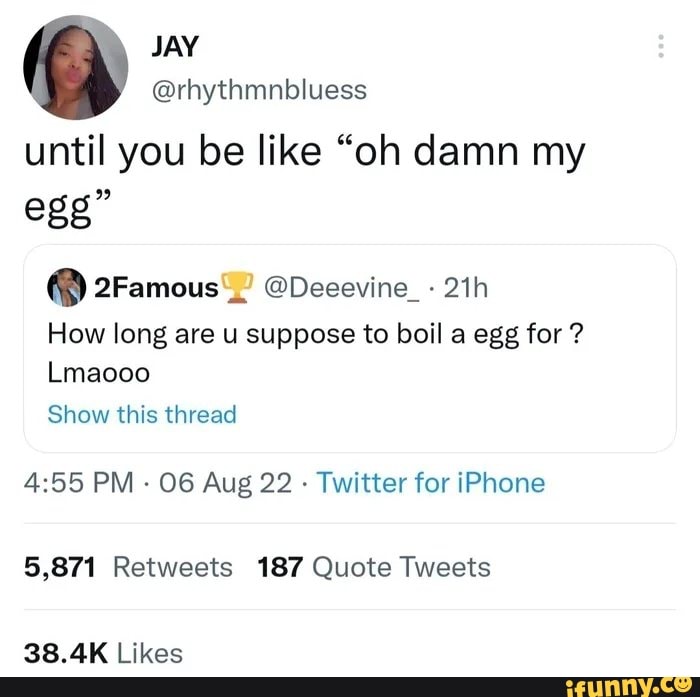
rhythmnbluess until you be like "oh damn my egg" How long are u
Q: How do I safely remove the plastic from the turkey legs? A: Use a pair of kitchen scissors to carefully cut away the plastic without damaging the turkey meat. Q: Will leaving the plastic on the turkey legs make the meat juicier? A: While some believe that leaving the plastic on can help trap in juices, it is not worth the potential health risks.

The Potwell Inn Quiz The Potwell Inn
If your turkey has a plastic hock lock holding the legs together, it should be removed before cooking. Simply locate the hock lock and gently pull it away from the turkey's legs. Be careful not to tear the skin. Once the hock lock is removed, the legs should be free to move and cook evenly. It is important to ensure that no pieces of plastic.

organisedwell posted to Instagram https//wp.me/P9W806M2Do you spend
5. Are there any safety concerns with leaving the plastic thing on the turkey legs? Leaving the plastic thing on the turkey legs during cooking is not a safety concern, as it is designed to withstand high temperatures. 6. Does leaving the plastic thing on affect the cooking time of the turkey? Leaving the plastic thing on the turkey legs may.

Don't understand the flack these bendy blurple LEDs get. 3 weeks ago my
Although the tie on the turkey legs is manufactured from plastic, we are told that it is safe to leave it on when cooking under normal conditions. The plastic it is made of is certified to be heat safe. Leaving it on results in a neat appearance at the table. However, removing the tie will help the bird cook more evenly and quickly.

nail cuticle care routine How to grow nails, Nail care, Simple nails
Can You Cook a Turkey With The Plastic Leg Holder Still Attached? Yes, it's fine to leave this piece in place as long as you're not deep-frying the turkey. It's made of heat-resistant nylon, so it's safe at temperatures up to 500 degrees Fahrenheit. Should you decide to deep-fry the bird, you should remove both the leg holder and the.

Which Face Roller Should You Choose?
This plastic is safe to leave on while you cook the turkey. The netting is made of food-grade material designed to withstand high cooking temperatures. It is important to note that the netting is not intended for consumption and should be removed before serving the turkey. FAQs About Removing Plastic from Turkey Legs

How To Make Your Home More Sustainable Scrap Lounge
However, leaving the plastic on turkey legs can also pose some potential risks. The plastic may melt or release harmful chemicals when exposed to high heat, which can contaminate the meat and pose a health hazard to those consuming it. In addition, leaving the plastic on can affect the appearance of the turkey, as the plastic may not brown.
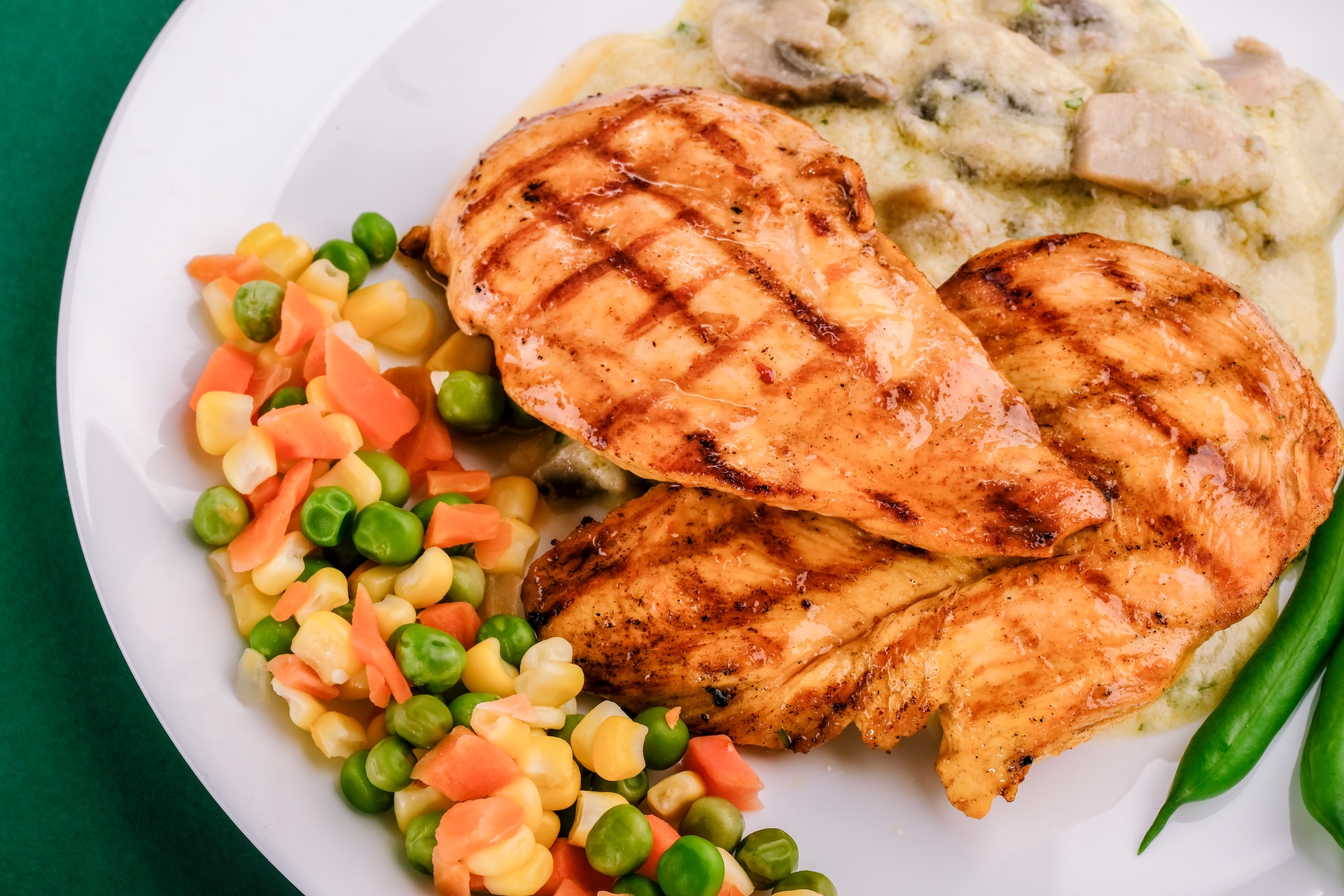
How Long to Grill Split Chicken Breast
Key Takeaways. Leaving the plastic leg holder or hock lock on the turkey while cooking is not recommended. The plastic leg holder, hock lock, and pop-up indicator are heat resistant and safe to leave on while cooking, except when deep-frying. The giblet wrapper should be removed if it is made of plastic to avoid health hazards.
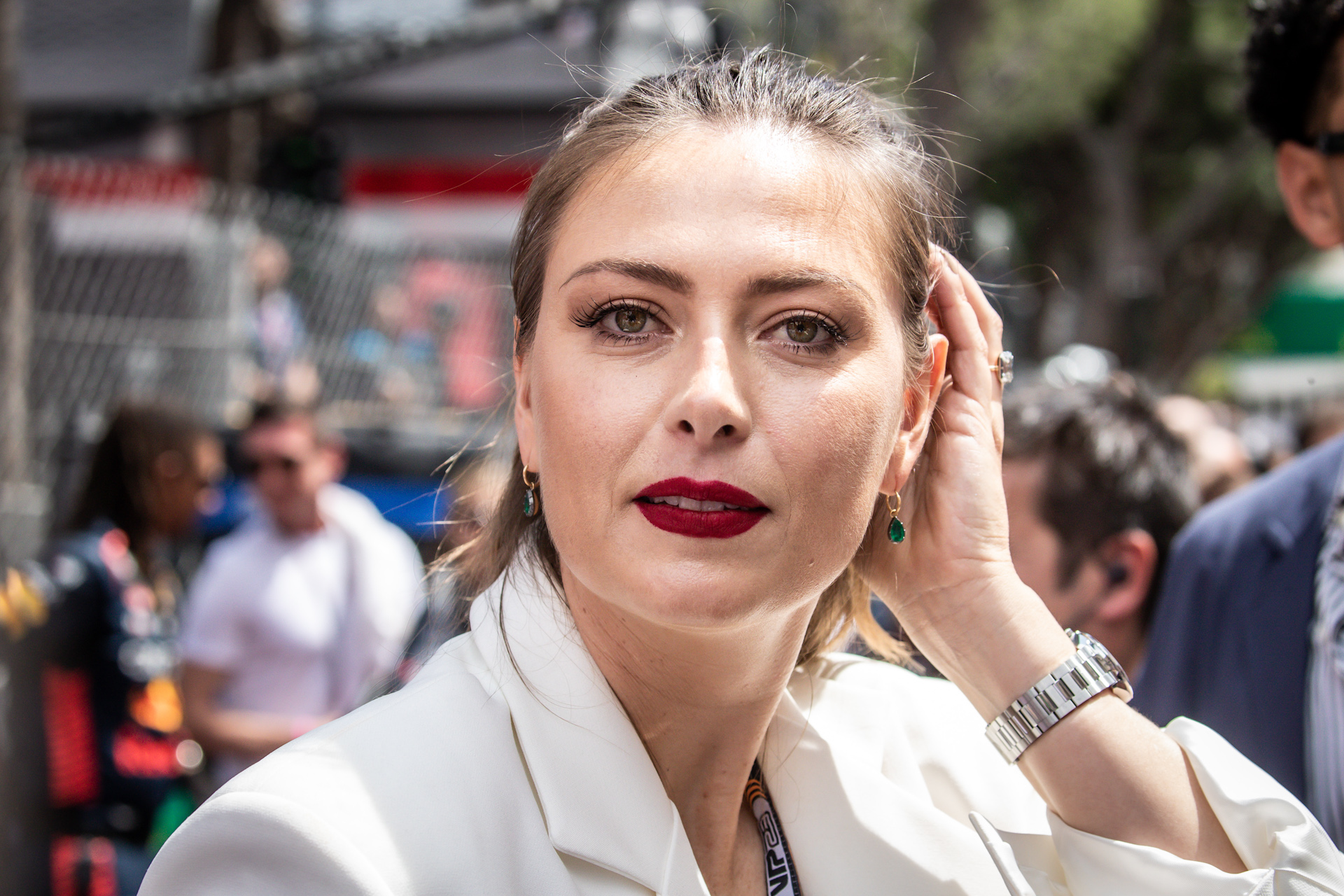
Maria Sharapova "please me"
The plastic clip, known as a hock lock, leg truss, or oven-safe leg holder, is designed to secure the legs of a chicken or turkey together during processing and packing, as well as maintain the bird's shape while cooking. While it is safe to leave the plastic clip on during cooking, removing it before carving the bird is recommended for.

Ocean Cleanup Crew Just Collected a Record Amount of Plastic From the
Many people choose to leave the plastic leg holder on the turkey. They argue that it helps to keep the legs in place, resulting in a more evenly cooked bird. However, others believe that leaving the plastic leg holder on the turkey can have negative effects, such as melting plastic or a strange taste in the meat.
My LP Standard and my Friedman. LesPaul
1. Did you know that the plastic thing you find inside a turkey is called a pop-up timer? Its purpose is to indicate when the turkey has reached a safe internal temperature by "popping" out. 2. Contrary to popular belief, leaving the plastic thing on the turkey while cooking is not recommended.

How a brand sustainably reinvents itself News STRICHPUNKT DESIGN
No, you do not need to remove the plastic from turkey legs. The plastic is called a hock lock, and it is used to secure the hind legs of the chicken or turkey during the roasting process. The hock lock is made from heat-resistant material and is safe to leave in the bird while it cooks.

Don't understand the flack these bendy blurple LEDs get. 3 weeks ago my
Once the plastic is soft, you can carefully peel it away from the meat. Method 3: Soak the turkey legs in warm water. If you have some time, you can also soak the turkey legs in warm water to help loosen the plastic. Simply place the turkey legs in a large bowl or pot of warm water and let them soak for about 30 minutes.
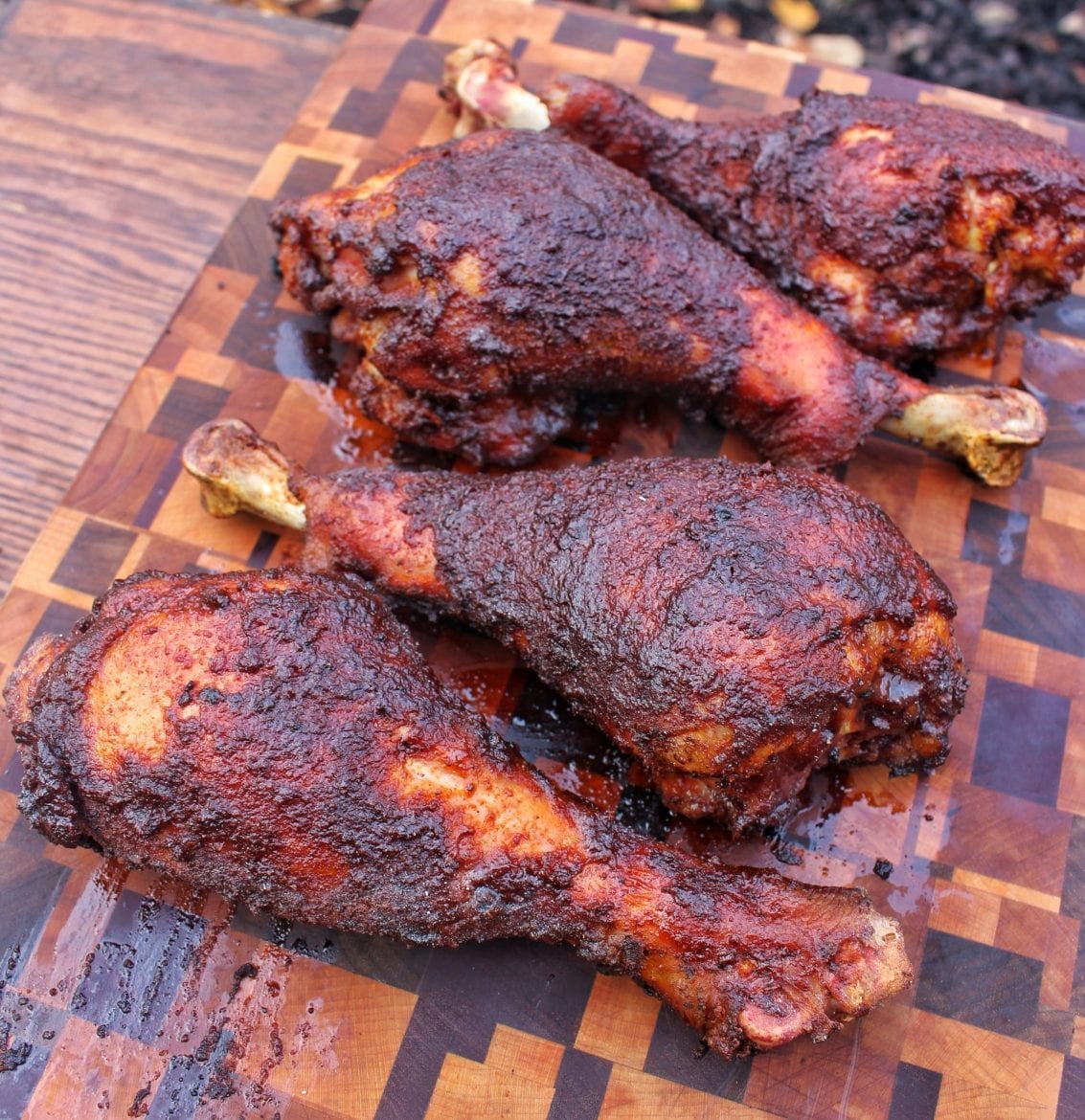
BBQ Turkey Legs Over The Fire Cooking
Usually, the hock lock (the plastic piece holding the turkey legs together) is made out of heat-resistant nylon, meaning it is safe to put in the oven for temperatures under 500°F. This isn't always the case, however, so check the packaging of your turkey before you decide whether or not to remove the hock lock, as some may be made of metal.

🎖 RPG and cat fighting
We recommend you remove the plastic holder on the turkey to take out the gravy packets and innards before cooking the meat. On the other hand, if you remove the innards but still choose to leave the hock lock on, you may safely do so up to 500 degrees F. Remember to always remove the hock lock before frying. Happy cooking!